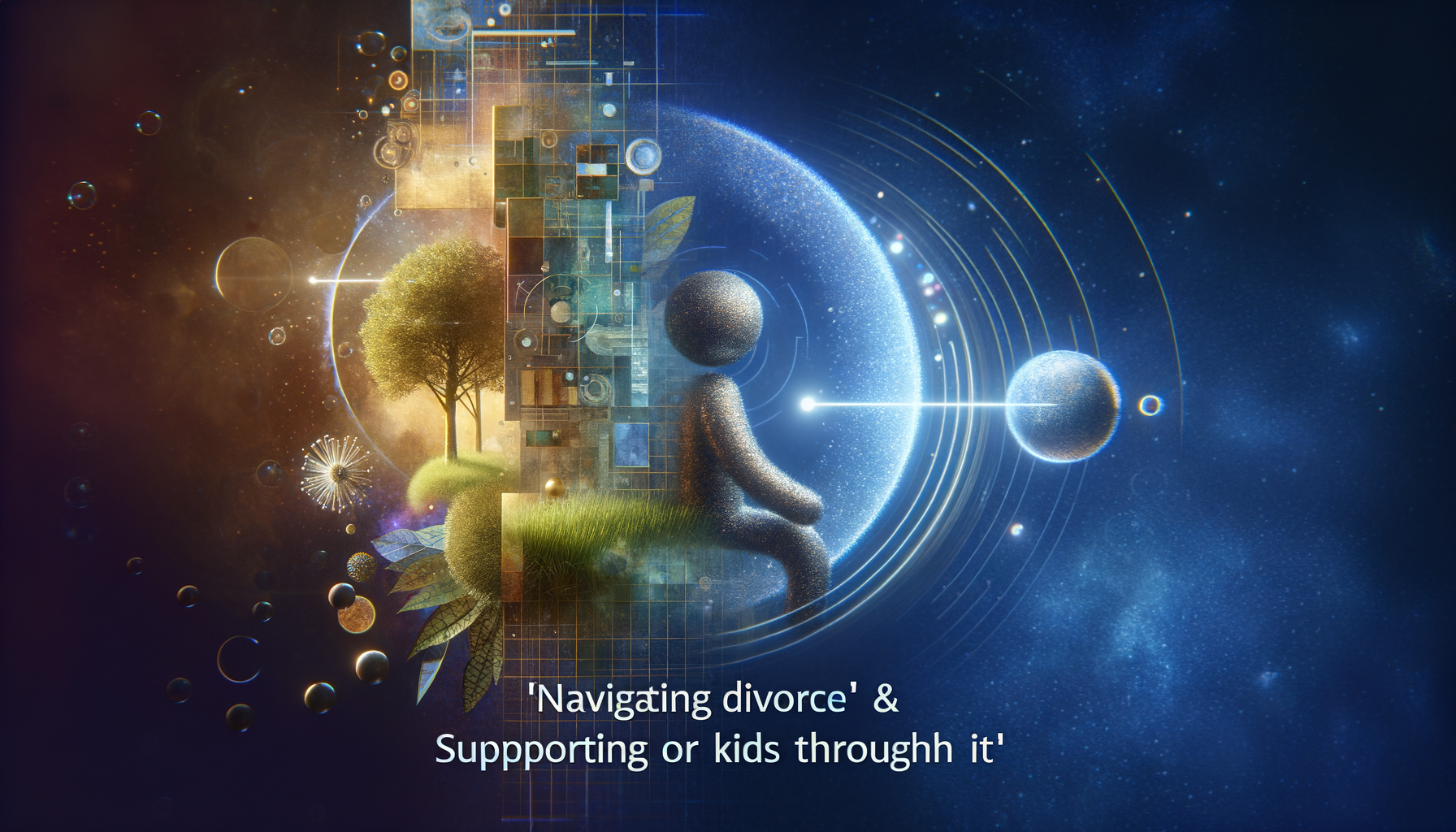
How to Recognize When Your Partner Wants a Divorce and Support Your Kids Through It
Recognizing the Signs Your Partner Wants a Divorce
Understanding the early signs that your partner may be considering a divorce is crucial in navigating the complexities of a changing relationship. While every relationship is unique, there are common indicators that can suggest a partner’s desire to end the marriage. These signs often include a noticeable decrease in communication, where conversations become less frequent or emotionally distant. If your partner seems disinterested in resolving conflicts or avoids discussing future plans together, it may be a sign of waning commitment.
Another significant indicator is a change in intimacy levels. A sudden or gradual decline in physical affection, such as reduced hugging, kissing, or sexual contact, can point to underlying issues. Additionally, if your partner starts spending more time away from home or shows an increased interest in activities that exclude you, it might suggest a desire for independence or separation.
It’s essential to approach these signs with sensitivity and open communication. Expressing concerns and seeking clarity through honest conversations can help in understanding each other’s perspectives. Sometimes, these discussions can lead to constructive solutions or, at the very least, provide a clearer picture of the relationship’s future.
Communicating Effectively During a Divorce
Effective communication is vital during a divorce, not only between partners but also with children and other family members. Open and honest dialogue can prevent misunderstandings and reduce the emotional toll on everyone involved. It’s important to choose a suitable time and setting for these discussions, ensuring that both parties are calm and willing to listen.
When discussing divorce with your partner, focus on expressing feelings without assigning blame. Use „I“ statements to convey emotions, such as „I feel hurt“ or „I am concerned,“ which can help in reducing defensiveness. Listening actively to your partner’s perspective is equally important, as it fosters mutual understanding and respect.
For conversations with children, tailor the discussion to their age and maturity level. Reassure them that both parents love them and that the divorce is not their fault. Encourage them to express their feelings and ask questions, providing honest answers to the extent that is appropriate. Maintaining a united front as parents can offer children a sense of stability during this challenging time.
Supporting Your Children Through Divorce
Children are often deeply affected by divorce, and providing them with the right support can make a significant difference in their adjustment process. One of the most important steps is to maintain a routine that offers stability and predictability. Consistent schedules for meals, school, and extracurricular activities can provide a sense of normalcy.
It’s also crucial to encourage open communication with your children. Create a safe space where they feel comfortable sharing their emotions and concerns. Be attentive to their needs and provide reassurance that both parents will continue to be involved in their lives. Avoid speaking negatively about the other parent in front of the children, as this can create confusion and emotional distress.
Consider seeking professional support, such as counseling or therapy, for your children if needed. A trained professional can offer a neutral space for children to express their feelings and cope with the changes. Additionally, involving children in decisions about their living arrangements or other aspects of the divorce can empower them and help them feel more in control.
Legal Considerations in Divorce
Understanding the legal aspects of divorce is essential to ensure a fair and smooth process. The first step is to gather information about the divorce laws in your jurisdiction, as they can vary significantly. Consulting with a legal professional can provide clarity on your rights and responsibilities, as well as guidance on the division of assets, child custody, and support arrangements.
During the divorce proceedings, it’s important to document all financial assets and liabilities. This includes bank statements, property deeds, and any shared debts. Having a clear financial picture can facilitate negotiations and ensure an equitable division of property.
Consider alternative dispute resolution methods, such as mediation, to reach amicable agreements without the need for lengthy court battles. Mediation allows both parties to work collaboratively with a neutral third party to resolve disputes, which can be less adversarial and more cost-effective than traditional litigation.
Moving Forward After Divorce
After a divorce, it’s essential to focus on personal healing and rebuilding a fulfilling life. This process begins with self-reflection and acceptance of the changes that have occurred. Allow yourself time to grieve the loss of the marriage and acknowledge your emotions, whether they are sadness, anger, or relief.
Creating a new routine and setting personal goals can provide direction and purpose. Consider exploring new hobbies, pursuing educational opportunities, or focusing on career growth. Building a support network of friends, family, or support groups can offer encouragement and companionship during this transition.
It’s also important to maintain a positive co-parenting relationship with your ex-partner. Prioritize the well-being of your children and collaborate on parenting decisions. Open communication and mutual respect can help create a stable environment for your children and contribute to a healthier post-divorce relationship.